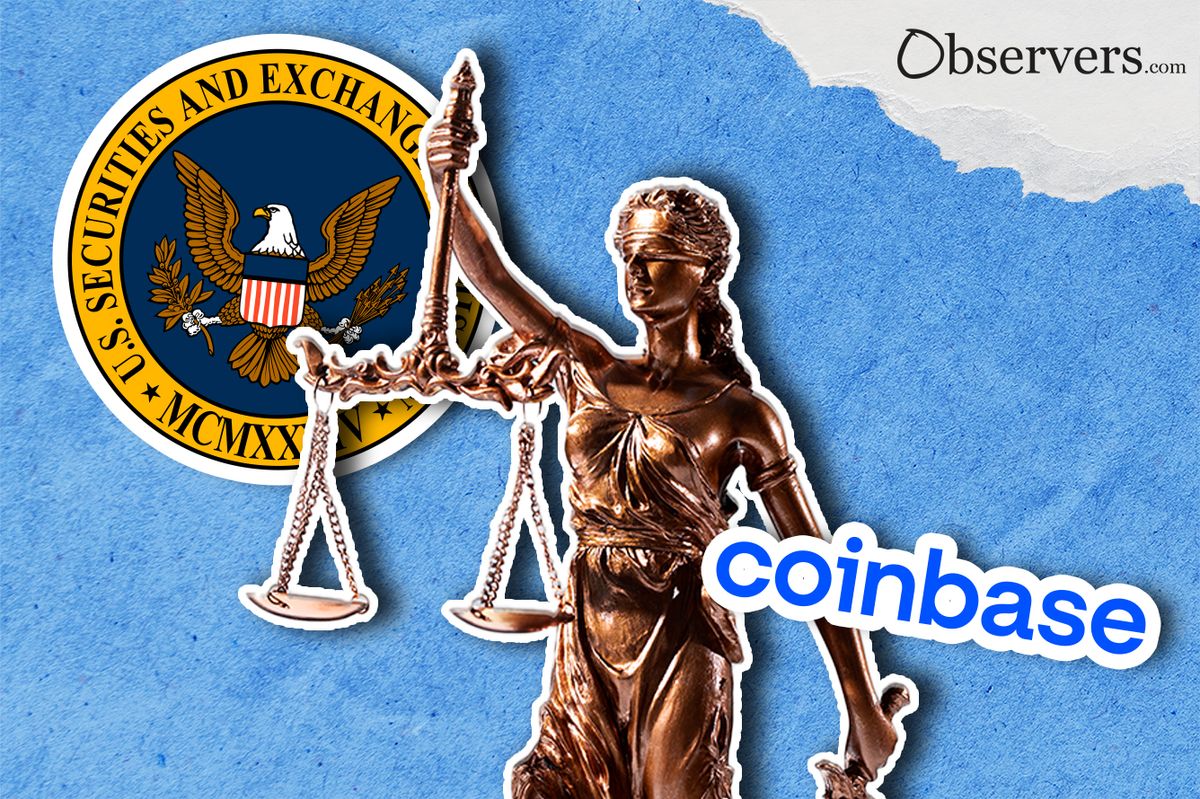SEC Vs. Coinbase, What’s New?
Recently SEC was legally obliged to respond to Coinbase's writ of mandamus. Meanwhile, the regulator deleted a possible first-ever definition of digital asset from its rule and the exchange started an open letter to Congress to support pro-crypto legislation.


